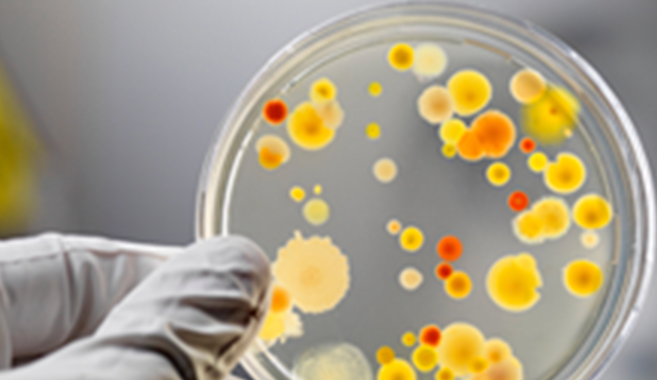Overview

The JGI’s Microbial Program focuses on using cutting-edge sequencing, annotation and analysis techniques to explore the vast and diverse world of microbes. Studying bacteria and archaea, including those associated with microeukaryotes, enhances our understanding of terrestrial biogeochemical cycling and inter-organismal interactions. These insights are crucial for addressing key environmental challenges, such as improving soil health, carbon sequestration and bioeconomy applications. The program provides high-quality, large-scale genomic data to advance microbial research that drives sustainable solutions in energy, agriculture and ecosystem management.
Resources and Tools

The IMG/M system serves as a community resource for comparative analysis and annotation of all publicly available genomes from three domains of life. It provides tools for analyzing the functional capability of microbial communities based on their metagenome sequence, in the context of reference isolate genomes included from the IMG/M system.

IMG/PR is a plasmid genome resource featuring the largest collection of plasmids automatically identified from genomes, metagenomes, and metatranscriptomes. It provides rich data such as inferred host taxonomy, conjugation potential, antibiotic resistance genes, and ecosystem information.

The IMG/VR database offers the largest publicly available collection of Uncultivated Viral Genomes, derived from genomes, metagenomes, and metatranscriptomes, with over 15 million viral genomes and fragments.

GOLD is a web resource for comprehensive access to information regarding genome and metagenome sequencing projects, and their associated metadata, around the world.




